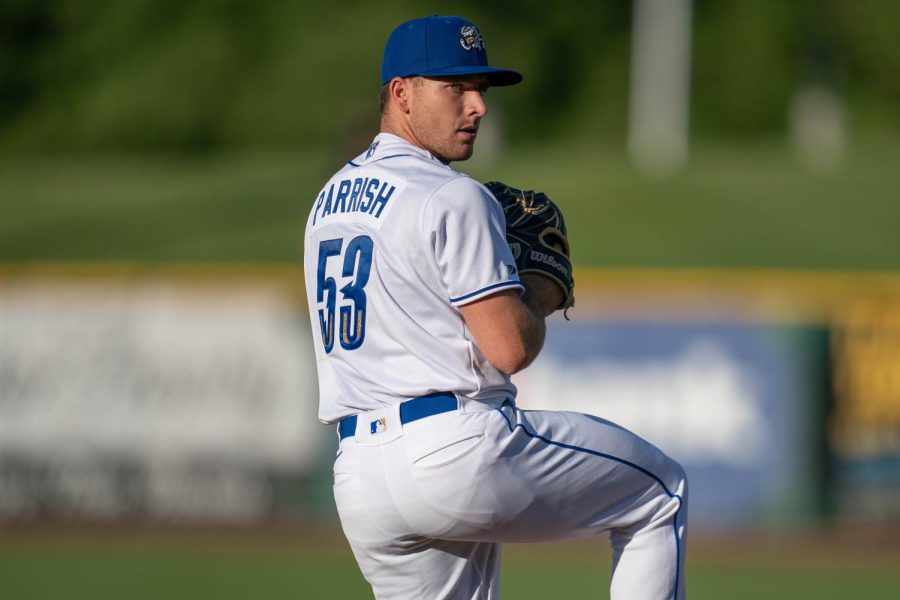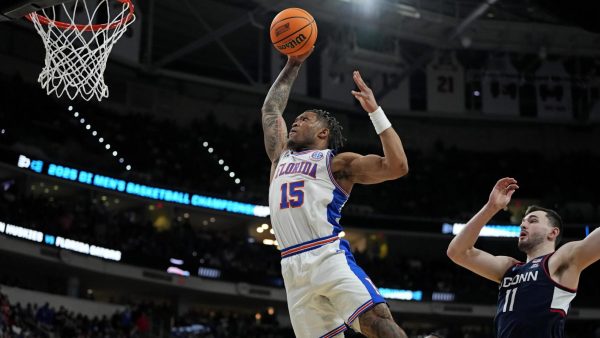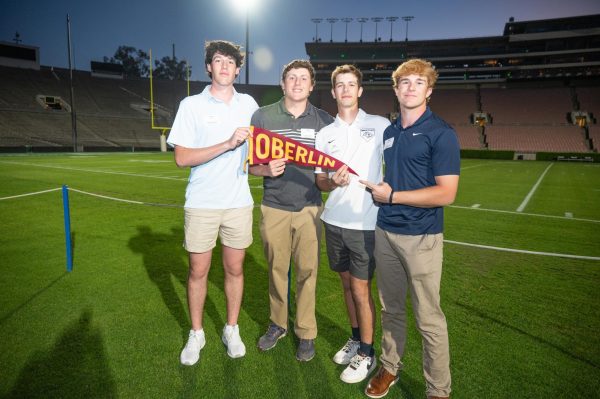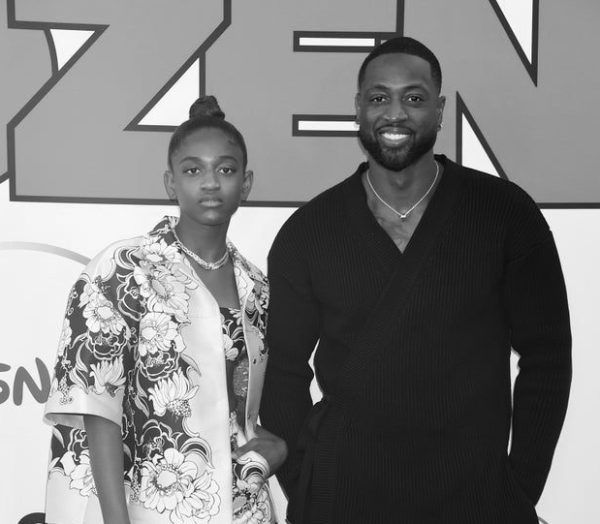MiLB Unionizes, Joins MLBPA
Minor League Baseball joined the Major League Baseball Players Association after the MLB voluntarily accepted its union earlier this month. While the formal unionization took less than a month, players have put forth efforts to increase pay and improve working conditions for decades. Since its inception in 1968, the MLBPA has unionized major league players, and now minor league players will be entitled to the same protections.
The effort to unionize started on Aug. 28, 2022, when MiLB representatives and the MLBPA Executive Director Tony Clark started communicating with one another. MiLB organized and formed a union within the next 17 days.
“Through collective bargaining, [MLB players] were given a forum in which to use [the union],” Clark wrote in an email to individual players’ agents. “What resulted was the establishment and advancement of rights and working conditions for the entire player fraternity, benefits we still enjoy today. Minor League players have found a collective voice in recent years. But a voice without meaningful organization is not enough. Unionizing will give this voice true purpose, and the MLBPA will support these efforts from start to finish.”
On average, MLB players earn around $4 million a year, while MiLB players usually earn $8,000–$14,000, with many working a second or third job to make ends meet. In response to MiLB players demands for more pay, MLB Commissioner Rob Manfred, whose annual salary is $17.5 million, expressed his belief that the MiLB players earned sufficient salaries.
President Joe Biden recognized the unionization via his Twitter account.
“Congratulations to our country’s Minor League Baseball players on a historic, swift, and overdue organizing victory, and to @MLB and @MLBPA for taking this critical step,” President Biden tweeted. “Every worker is entitled to be treated with dignity and respect — on the job and on the field.”
The unionization effort comes after a decade of pay cuts and labor exploitation in MiLB. In 2014, MiLB players filed a lawsuit against the MLB for exploitation of its workers. Specific complaints included that the MLB paid MiLB players below minimum wage and did not provide pay for spring training (Senne v. MLB, 2014). In January 2020, MLB tried to appeal this case to the Supreme Court after a lower court ruled in favor of the MiLB players, but the appeal was denied. Two and a half years later, the MLB and MiLB players reached a settlement of $185 million, which will be paid out as early as next year. This money will be divided among lawyers representing MiLB and roughly 23,000 current and former players.
“Every MLB organization will soon have the option to pay Minor Leaguers outside of the ‘championship playing season,’” Harry Marino, the executive director of the nonprofit Advocates for Minor Leaguers, wrote in an issued statement following Senne v. MLB. “[We] will hold accountable each and every Major League organization that fails to adjust its compensation of Minor Leaguers accordingly. Ultimately, we will not be satisfied until Minor Leaguers have a seat at the table to negotiate fair wages and working conditions, as is the norm across professional sports.”
MiLB players faced further financial difficulties in 2018 when Congress passed the Save America’s Pastime Act. The MLB lobbied millions of dollars for Congress to ratify this law, which allowed the MLB to be exempt from paying its workers at federal minimum wage and from paying overtime hours.
40 MiLB teams were also cut from the MLB due to funding problems in 2020. The MLB’s revenue is approximately $10 billion a year, the largest in any American professional sport.
In recent years, grassroots organizations have raised awareness about issues faced by MiLB players. A couple years ago, Advocates for Minor Leaguers started publicizing difficulties in players’ working conditions. In response, the MLB raised MiLB weekly wages last year to a range of $400–700, providing increased compensation for MiLB players’ up to 70- hour work weeks.
More Than Baseball, a nonprofit founded by a former MiLB player, split its donations between supplying food for MiLB players, purchasing basic necessities for their houses, buying new baseball equipment, and providing career and financial services for players retiring from baseball. Due to similar activism, the MLB also began providing housing for minor league players last season.
Many consider this a historic moment for Minor League Baseball: more than half of the current 5,500 players signed a union authorization card during the 17 days leading up to the official formation of the union, presenting MLBPA as their bargaining representative for negotiations with the MLB. Now, the MLBPA is working toward bargaining for players in the offseason and including the Dominican Summer League in its union.






